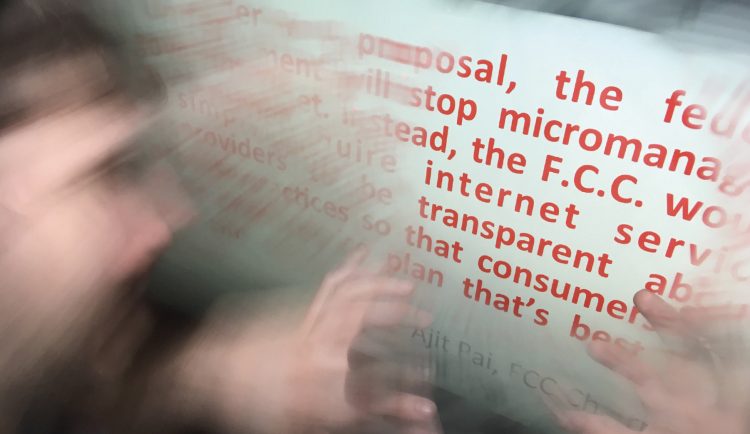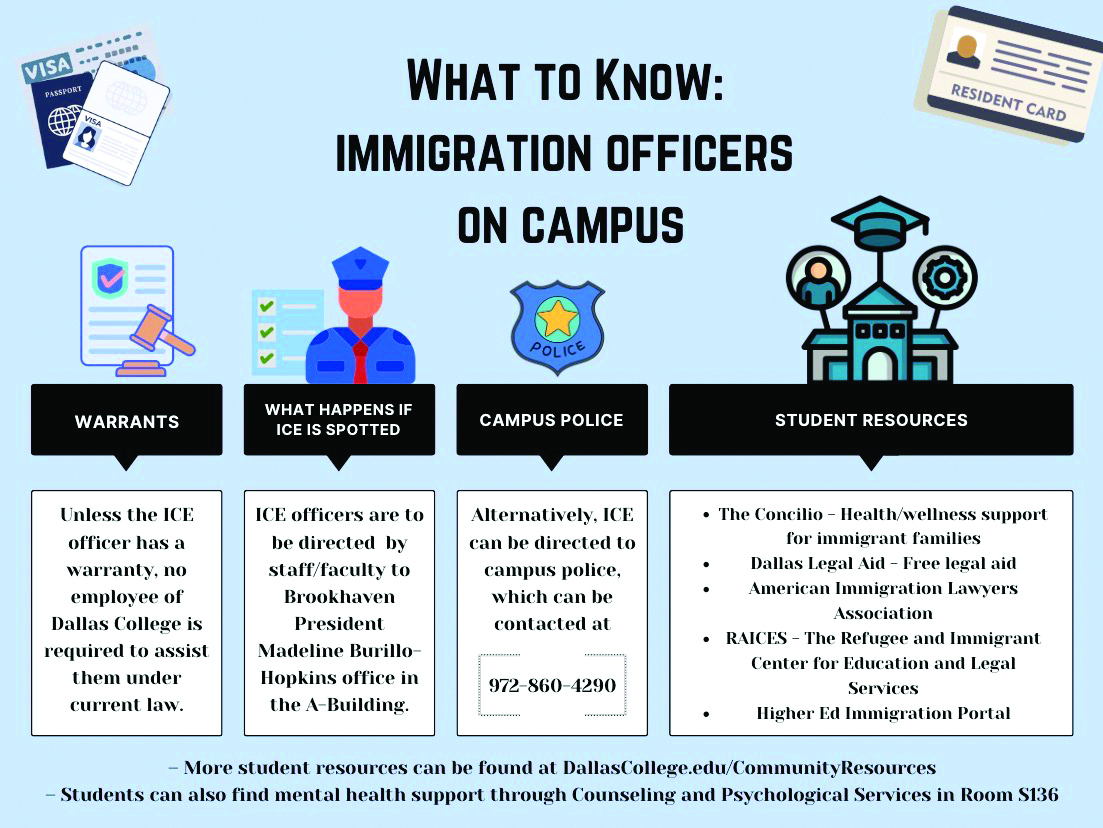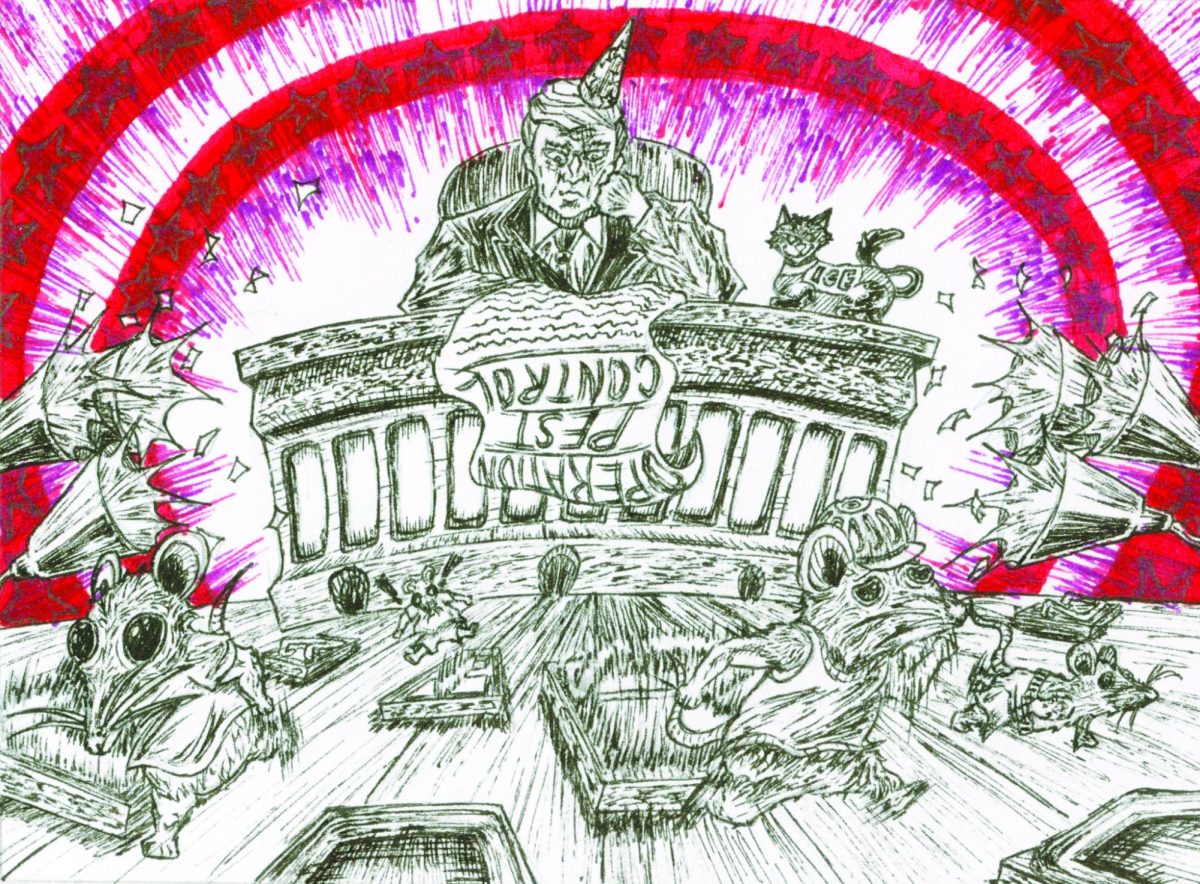Net neutrality internet protections are threatened as the FCC prepares to overturn a previous decision.
By Jubenal Aguilar
Editor-in-Chief
[email protected]

The Federal Communications Commission is set to eliminate rules that guarantee an open and equal internet. The move would be a reversal of a 2015 hallmark decision by the agency, then under the administration of former President Barack Obama, according to The New York Times.,
The commission will vote on the future of the internet Dec. 14. On Feb. 26 2015, the FCC ruled in favor of net neutrality, categorizing the internet as a public utility, according to Mother Jones. Under net neutrality, all internet service providers, or ISPs, may not deliberately speed up or slow down traffic from specific websites and apps, according to CNN.
In an email to The Courier, Charles Cadenhead, a computer information technology professor, said: “Currently, our U.S. laws don’t really address the internet, and in some respects, it’s still a wild west. Net neutrality is one of the few laws that help keep internet commerce regulated.”
ELIMINATION PLAN
Ajit Pai, who was appointed FCC chairman by President Donald Trump, revealed his plans Nov. 21 to dismantle the regulations, according to Politico.
“Under my proposal, the federal government will stop micromanaging the internet,” Pai said in a statement, according to The New York Times. “Instead, the FCC would simply require internet service providers to be transparent about their practices so that consumers can buy the service plan that’s best for them.”
According to Politico, Pai’s plan will eliminate rules that prohibit ISPs from blocking or slowing web traffic or creating so-called paid internet fast lanes and loosening the tight federal oversight of ISPs.
Instead, the FCC will include transparency rules requiring ISPs to inform their customers about practices on issues such as blocking and throttling, which is the intentional slowing or speeding of internet service by an ISP.
The general conduct standard, which gives the FCC authority to police any ISP behavior it deems unreasonable, would also be eliminated. The FCC will look to the Federal Trade Commission to determine if ISPs act in an anti-competitive manner.
WINNERS AND LOSERS
Opponents of net neutrality, including Pai, have said the rules are too burdensome and deter investment in broadband networks, according to Politico.
Cadenhead said the elimination of net neutrality will allow ISPs to create tiers of services and would affect consumers, but directly affect businesses first. “As a business, if you want your data to be delivered to your customers faster, you’ll have to pay more,” Cadenhead said. “There’s a fear that smaller businesses won’t be able to afford to compete with larger ones.”
According to CNN, large companies, such as Netflix, Google and Facebook, benefit from not having to pay a premium to ensure their content is delivered at fast speeds. They argue the repeal proposal would allow telecom companies to play favorites by charging customers for access to some sites or by slowing speeds for others.
“It’s about ‘allowing consumers to pick the winners and losers and not [having] the cable companies make those decisions for them,’” Michael Cheah, general counsel at Vimeo, said, according to CNN.
The current rules, Pai said, were adopted to stop only theoretical harm, according to The New York Times. Consumer choice is limited because telecom companies cannot offer different tiers of services, which prevents ISPs from trying new business models that may allow them to compete with online businesses.
FAST LANES
According to Mashable, broadband internet is controlled by a few conglomerates that own both the medium and content that travels through cyber space.
If net neutrality is reversed, an ISP, such as Comcast, could allow its own content to load faster than competing content from another service. The ISP could also legally force competitors to pay more to get its content into the fast lane.
The creation of fast lanes, according to Mashable, would result in the loss of quality, cheap and independent online content.






